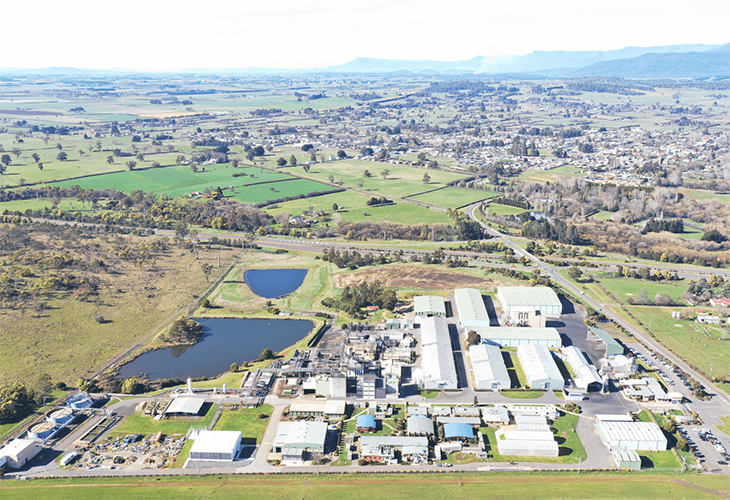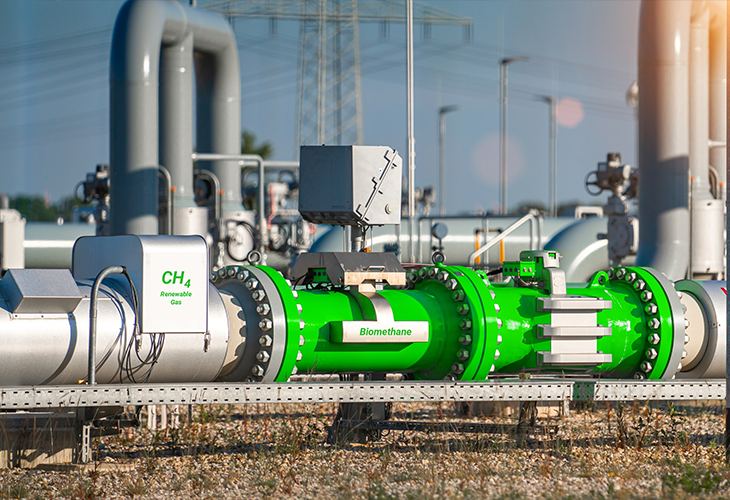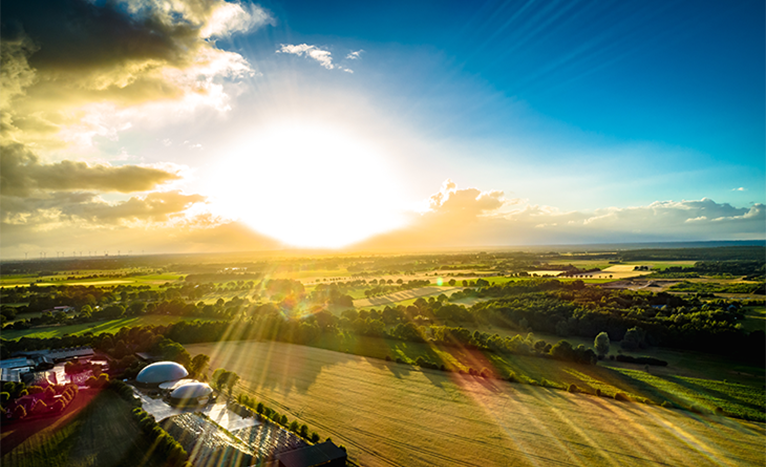Waste to Energy: Westbury to Pioneer Renewable Gas in Tasmania
Optimal Renewable Gas and Solstice Energy have announced a partnership to develop a renewable gas plant at Westbury – the Westbury BioHub.
The Westbury BioHub will transform organic waste from within a 200 km radius of the Westbury industrial area into renewable energy in the form of biomethane, and an organic fertiliser. The facility is projected to divert between 86,000 and 150,000 tonnes of organic waste per year.
The location of the Westbury BioHub is strategic as it enables Extractas Bioscience to be secured as a foundation waste feedstock provider.

“The Westbury BioHub will be Tasmania’s first circular economy system, creating local jobs, supporting industries, and delivering significant benefits to our communities,” said Mike Davis, Managing Director of Optimal Renewable Gas.
“The project, the first of its kind in Australia, will use a ‘plug-in’ anaerobic digestion solution to process organic waste and residues from Extractas, and other agribusinesses across northern Tasmania, to provide a reliable supply of renewable gas (biomethane) for use by customers across the state, via Solstice Energy’s existing gas pipelines,” Mr Davis added.
Biomethane is a renewable gas that serves as a viable alternative to natural gas, helping to decarbonise current natural gas use and assists the transition to net zero. The project is expected to produce around 320 terajoules of biomethane annually, enough to supply the equivalent of more than 10,000 homes each year.
“The Westbury BioHub will provide a decarbonisation pathway for hard-to-abate sectors, such as those requiring industrial high-heat that cannot be met with electricity, and assists in managing organic waste,” said Phaedra Deckart, CEO of Solstice Energy.
“Solstice Energy is well placed to use our existing pipelines to deliver renewable gas to our customers. Renewable gas can help reduce carbon emissions because, when biomethane is burned for energy, it releases only the carbon dioxide that was absorbed by the organic matter that is used in the digestion process. This makes it carbon neutral, as it doesn’t add additional carbon emissions to the atmosphere,” Ms Deckart explained.

Construction on the Westbury BioHub is slated to begin in 2025, subject to final investment decisions and regulatory approvals, with production commencing in late 2026. The project is expected to support around 50 jobs during construction and commissioning, with up to 10 ongoing jobs.
Gas remains essential for many businesses and households, directly supporting $1 billion in economic output, over 4,200 direct jobs, and a total of 8,550 jobs across Tasmania.
There are 14,000 residential connections, 1,000 small to medium businesses, and nearly 70 industrial customers in Tasmania that rely on gas for heating their homes and businesses as well as an essential ingredient in manufacturing processes, such as in the production of fertilisers.



